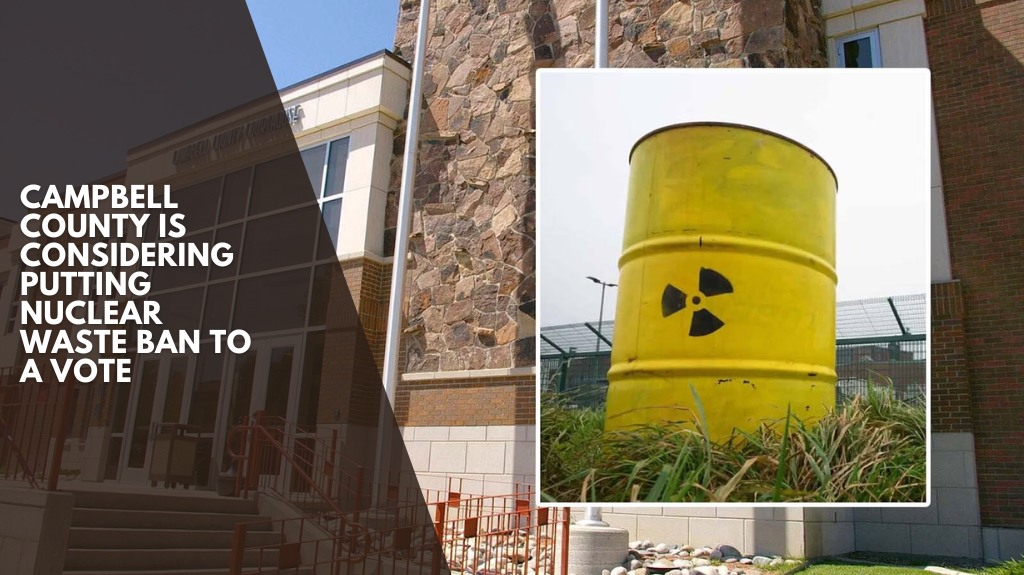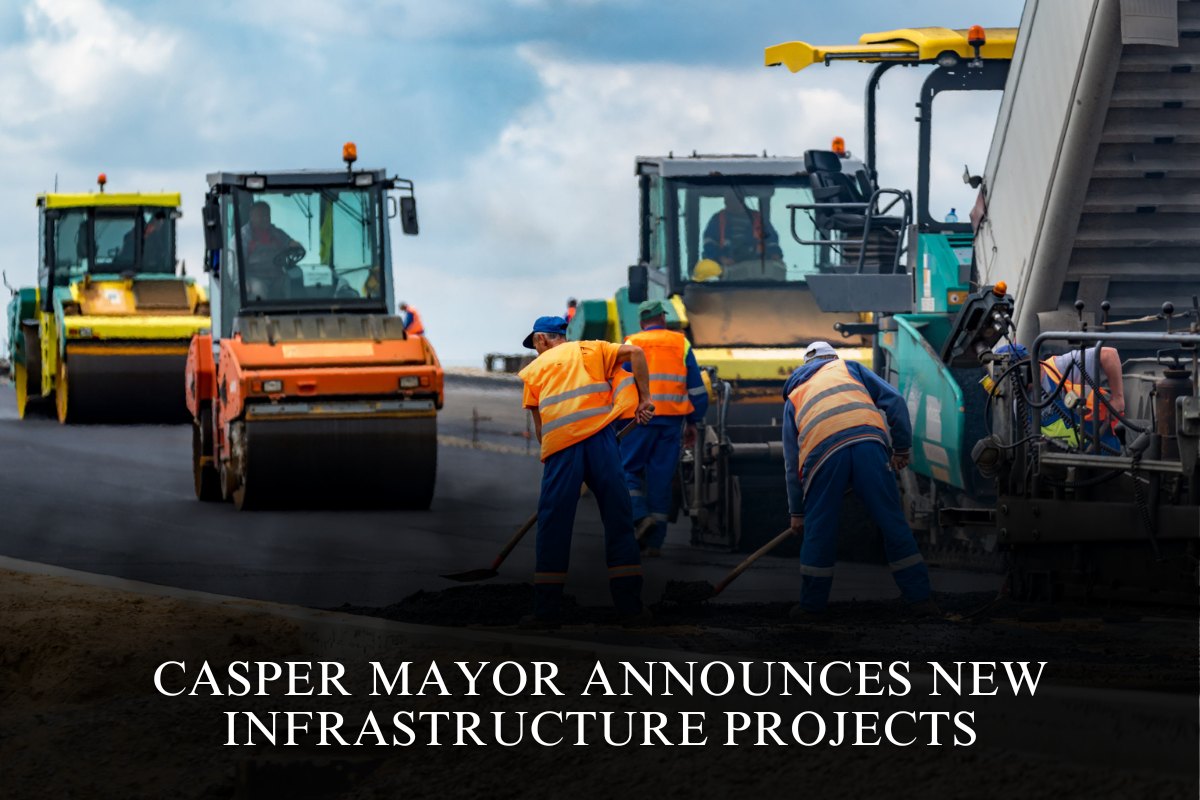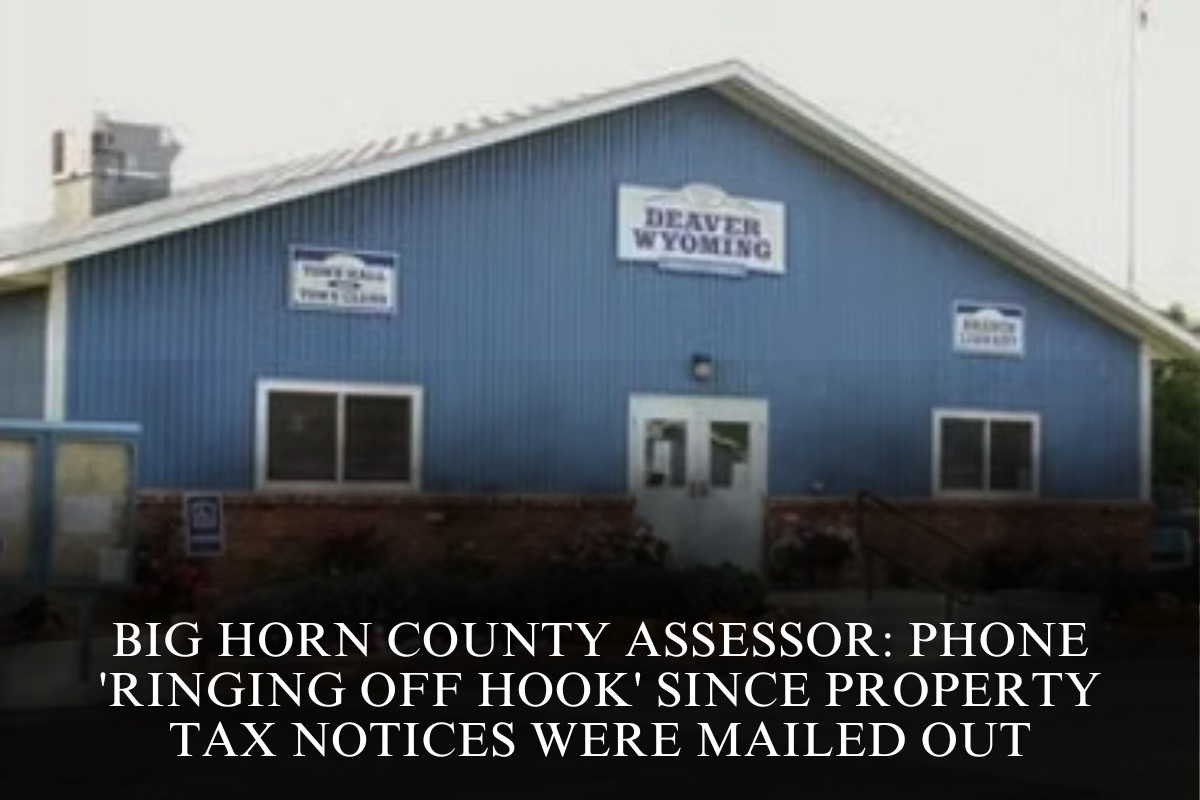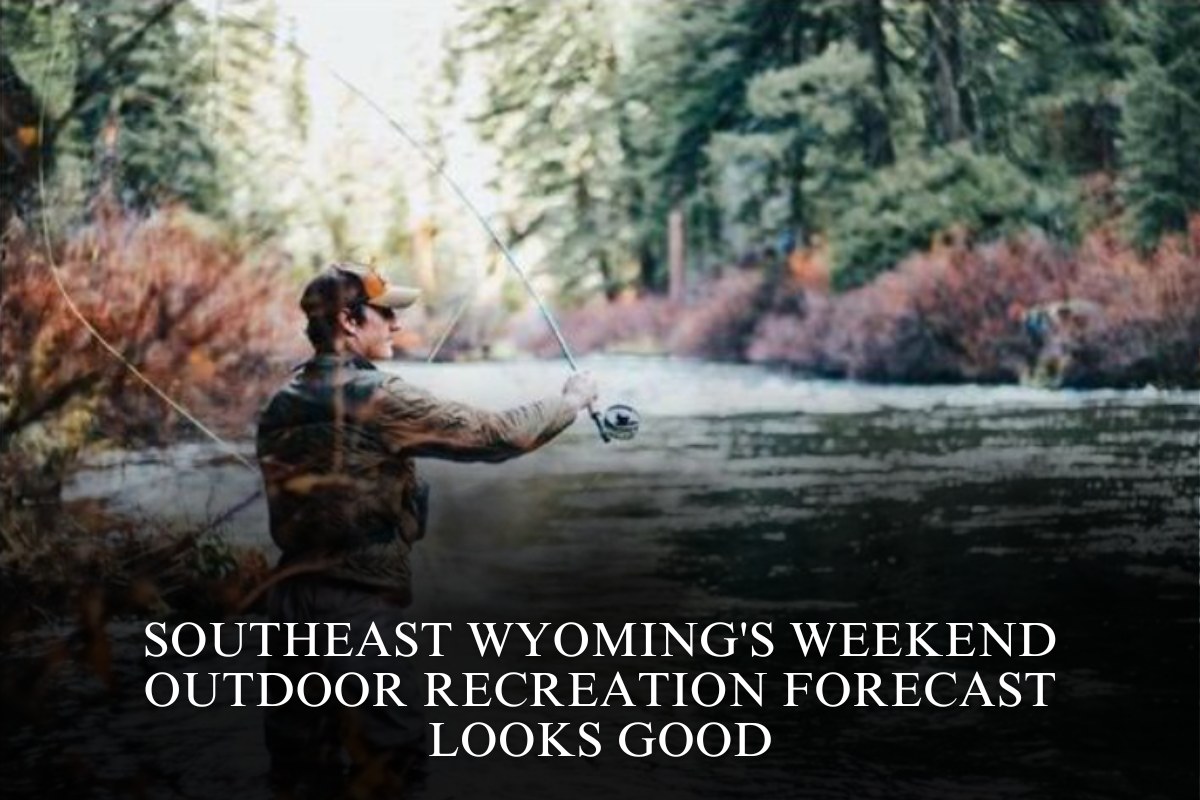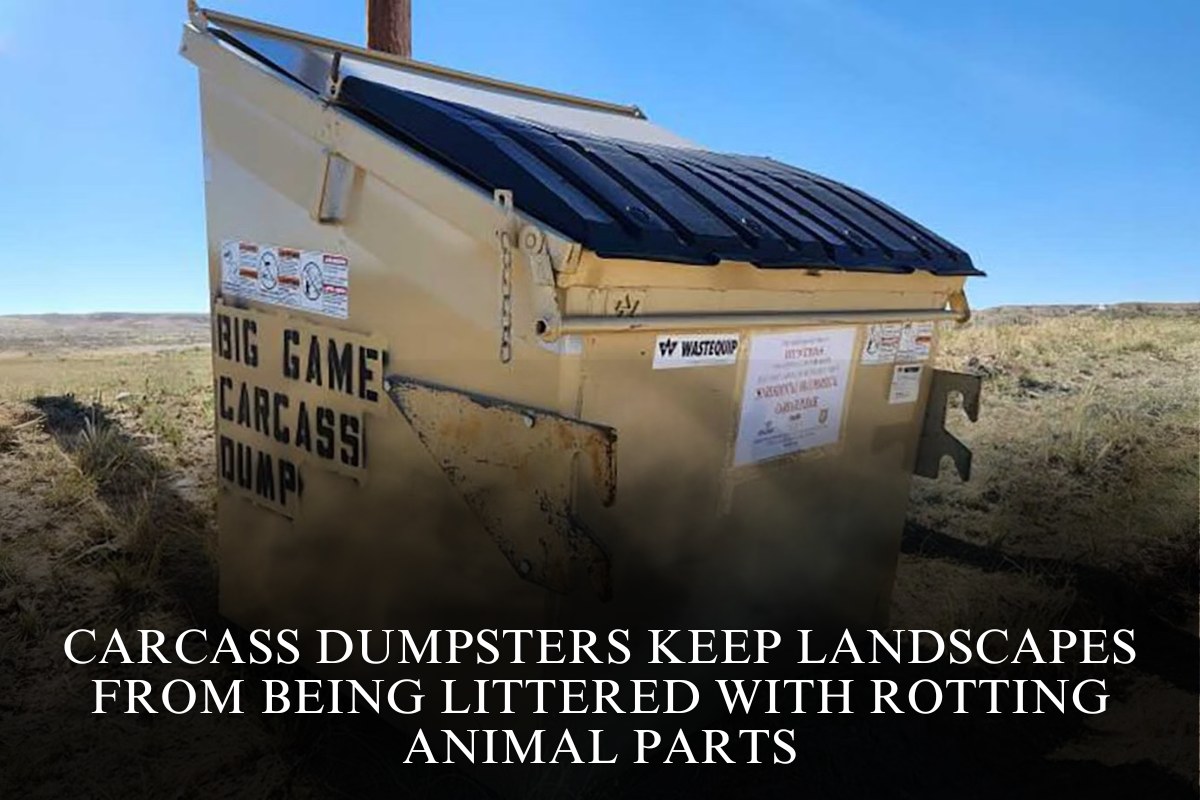Campbell County Commissioners are considering a ballot resolution asking residents to vote on whether nuclear waste storage should be permitted in the county.
The possibility of constructing small nuclear reactors in the county has sparked a heated community debate over whether to allow spent nuclear fuel to return to the area.
County commissioners debated whether to put a potential nuclear waste ban before voters on Tuesday, with a decision expected next month.
Commissioner Jerry Means introduced the resolution and explained its purpose: “The voters, the constituents, my goal is to simply do what you ask us to do.” So I presented a resolution in Campbell County stating that nuclear waste will not be accepted. That’s basically how it is.”
The proposed resolution would place the nuclear waste storage issue on the ballot for the 2026 General Election, allowing the public to decide whether such storage should be permitted in Campbell County.
Commissioner Bob Jordan described the current surge in nuclear industry opportunities presenting themselves to Wyoming communities, saying, “Small modular reactors, fuels, the DOE (Department of Energy) would like to do some interim storage in the Rocky Mountain West somewhere.” “There are so many moving parts.”
The draft currently outlines all of the various types of nuclear waste storage sites that voters may want to explicitly support or reject, ranging from a “deep geological repository” to “interim nuclear storage.”
Commission Chair Kelley McCreery emphasized that no decisions were made on Monday.
“We’re not deciding anything today,” McCreery stated. “We’re not going to tell you who supports or opposes this right now. This decision will not be made for at least a month. We’re attempting to be transparent ahead of time.
Means then spoke up, saying, “I believe we should make a statement that Campbell County does not accept nuclear waste.”
Means went on to explain his motivation for drafting the resolution, citing a visit to the Idaho National Lab outside Idaho Falls.
“Idaho has to get rid of their nuclear waste by 2035,” Means told reporters. “They need a location for it to go. And they kept making the comment, “Wyoming and Idaho will be partners.” So that’s how I became aware of this.”
Appropriate Measure?
The discussion revealed differing perspectives among commissioners on the potential benefits of bringing the nuclear industry to Gillette, as well as the resolution’s appropriateness and timing.
Commissioner Jim Ford expressed concerns about painting the nuclear industry with an overly broad brush.
“I’m in favor of putting this out there,” Ford said. “I think it’s very important that we as a community, think and speak very precisely about, ‘What is the nuclear industry?'”
“It’s a very broad spectrum of industrial activities,” he said. “From mining, fuel milling, fuel product milling, conversion and enrichment, fuel manufacturing, and other manufacturing opportunities in this industry. Only a small number of activities in the nuclear sector generate waste.”
Commissioner Scott Clem expressed concern about the county commission’s ability to regulate nuclear waste.
“Number one, we don’t have the ability to authorize nuclear waste being cited in the county anyway, as it was mentioned a moment ago, it’s illegal according to state law,” Clem told the crowd.
Clem also questioned the board’s authority, asking, “I don’t know if there’s any state statute anywhere that authorizes us to put such a question on the ballot to begin with.”
Clem suggested that the resolution may be premature before a new federal nuclear waste policy is established. He added, “President Trump signed an executive order requiring the nation to develop a plan within 240 days. And that will most likely be released in January or earlier. So none of us know what that plan looks like.
Clem then asked, “What if it passes?” What if people say, “Yes, we want to be able to put waste in Campbell County?” Are we then obligated as a board to contact the federal government?”
Clem concluded that implementing the resolution as written would be “premature.”
“We need to engage in more community discussions. We’re only at the beginning of this,” Clem said, describing the nuclear industry’s current public outreach efforts in Campbell County.
Clem concluded, “I’m a no on having it sited in Campbell County.”
Wider Context
Jordan provided context about federal nuclear waste policy, explaining that after the proposed Yucca Mountain repository in Nevada was rejected in 2009, “The federal government got together to say, ‘We have put together a plan to begin to recruit new locations and people to get involved.’”
“It’s a communication plan. It’s a sales plan,” Jordan continued, describing events such as a nuclear energy town hall meeting scheduled for Thursday, Sept. 18, at 6 p.m. at Gillette College Technical Center, which will feature speakers from the University of Wyoming and the mayor of Idaho Falls, Idaho.
“It is based on, ‘How do we get this thing done?’ “This is about getting people to consent,” Jordan explained. “But the truth is that they have a national problem, a national crisis, and it’s called nuclear waste. Now they’re looking for a position and need cheerleaders to fill it.”
The resolution refers to the Nuclear Waste Policy Act of 1982, which required the Department of Energy to establish a permanent repository for spent nuclear fuel. It also cites Wyoming House Bill 131, which was passed in 2022 and allows nuclear power plants in the state to temporarily store their own radioactive waste while prohibiting the import of waste from out-of-state facilities.
The commissioners stated that they will seek advice from the county attorney’s office on the legal and procedural aspects of the resolution.
Safe or Scary?
During Tuesday’s public comment period, Gillette resident Rolf Arands expressed concern about the possibility of nuclear waste accidents.
“Technology has improved. “I understand,” said Arands. “It’s much better and stronger. However, you cannot eliminate human error. A Mars mission crashed and burned on Mars because one team used English units and the other used metric units, causing the mission to fail. Human error. “You cannot get rid of that.”
Arands was referring to the Mars Climate Orbiter, which crashed in 1999. The story is well-known as an example of how seemingly minor errors can have disastrous consequences.
However, experts in Wyoming believe that there are no cautionary tales about nuclear waste storage accidents.
Stephen Cohen of Casper has spent 30 years characterizing and remediating hazardous and radioactive waste sites. He told Cowboy State Daily that the outcry over waste storage is undeserved.
“Spent fuel has been in casks since 1986. The first license for a spent fuel storage facility was issued in 1986. “Nothing has happened since then,” Cohen said, citing video evidence of the storage casks surviving everything from train collisions to a direct missile strike. “There’s been no releases, no degradation of the environment or exposures to the public.”
